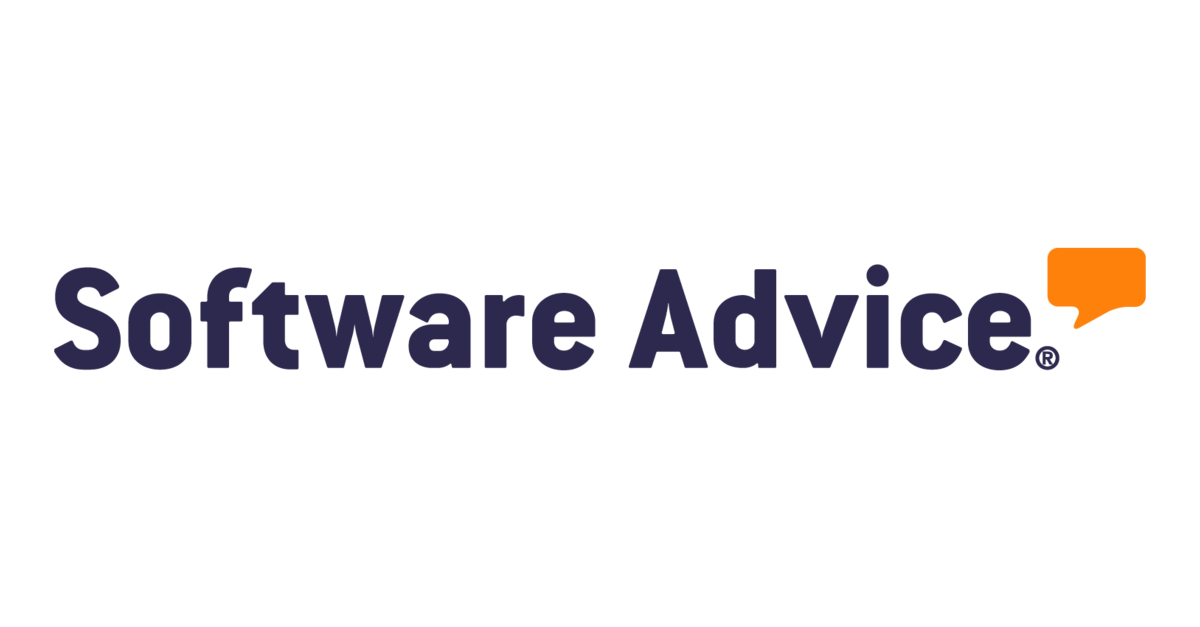AUSTIN, Texas–(BUSINESS WIRE)–As HR departments strive to make their organizations more equitable and inclusive, new research from Software Advice suggests that working remotely may at first glance seem like the best format for reducing bias and discrimination in the workplace. workplace, but survey data reveals that this often means employees sacrifice their true identity at work.
This survey analyzed employee responses from groups often affected by negative bias and discrimination in the workplace, including women, employees aged 55 or older, LGBTQ workers, racial minorities, and people with disabilities. Across all minority groups surveyed, remote workers are the most likely to agree that their employer treats every employee fairly, compared to those who work hybrid or onsite. This may be due to their ability to customize work environments based on individual needs, managers measuring work more fairly through outcome-based measures, or a reduction in toxic behaviors in general.
However, marginalized employees working remotely also admit to lying or omitting part of their identity in their current jobs for fear of discrimination, including:
-
71% of employees with disabilities
-
65% of employees aged 55 or over
-
64% women
-
64% of LGBTQ workers
-
57% of workers from racial minorities
Women in particular are uncomfortable getting fully into work. More than two-thirds (71%) of women who work remotely say they are afraid to be themselves at work, compared to 64% and 57% of women who work onsite and in a hybrid format, respectively.
While on-site employees may be more honest about their identities, it’s not always by choice. They may face more discrimination because they cannot hide who they are in person.
“With more employers implementing remote work on a permanent basis, it’s encouraging to see that minority workers believe remote work is fairer,” says Brian Westfall, senior human resources analyst at Software Advice. . “But, DEI initiatives don’t really work unless employees feel safe to be authentic themselves.”
Remote work is not a magic bullet to encourage inclusiveness in the workplace. HR leaders must act intentionally to ensure that marginalized employees working from home feel seen and included for who they are. Examples include forming employee resource groups, setting the right tone during onboarding to encourage new hires to share their own perspective, and diversifying remote leadership. To find resources on how to promote authenticity in a remote workplace, visit softwareadvice.com.
About Software Tips
Software Advice simplifies the purchase of software. Through one-on-one conversation and trusted information, industry-specific advisors guide buyers to the best software options in as little as 15 minutes (and it’s 100% free). Founded in 2005, Software Advice has helped nearly 900,000 companies find the right software for their specific needs. Software Advice also offers over 1.5 million verified user reviews to ensure people feel confident in their technology decisions. For more information, visit softwareadvice.com.

